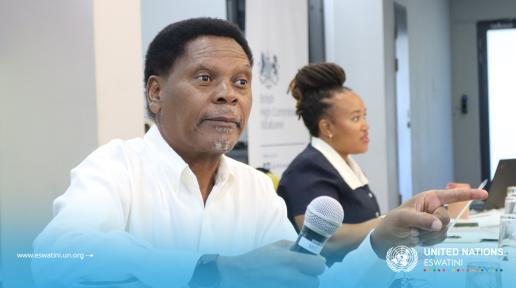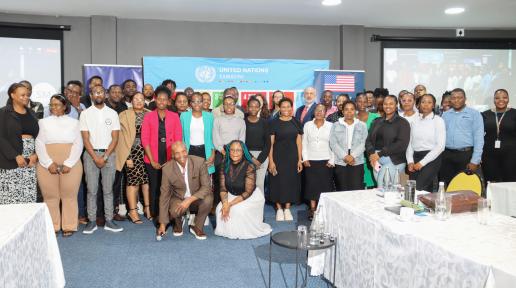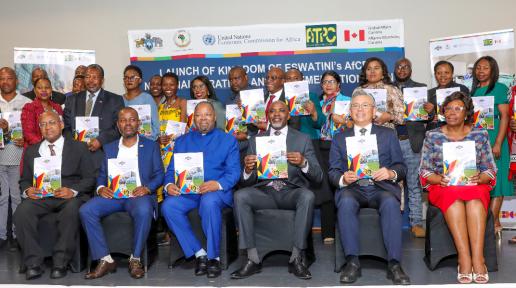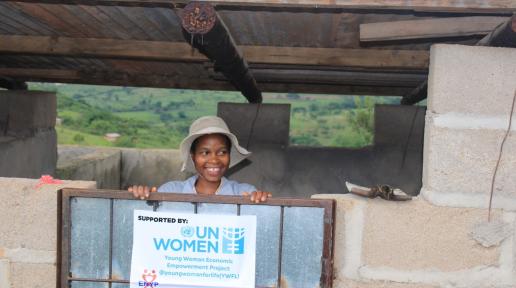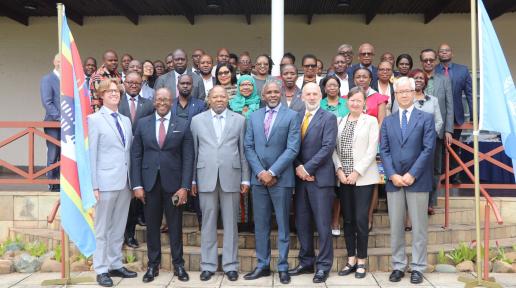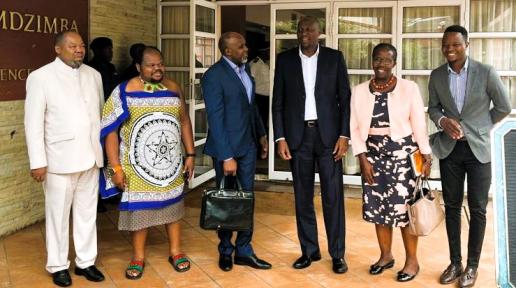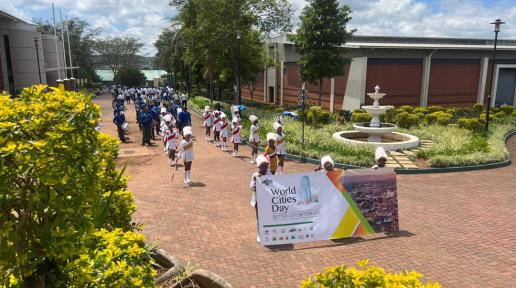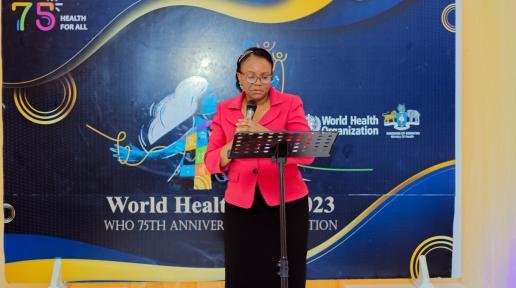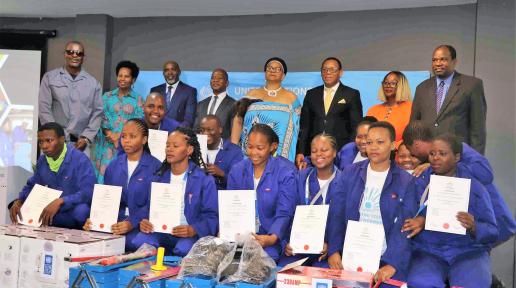Story
16 October 2025
Eswatini Sets the Pace for Climate Diplomacy in Africa Ahead of COP 30
As the global community prepares for the 30th Conference of Parties, known as “COP 30”, the Kingdom of Eswatini is emerging as a regional leader in climate diplomacy and technical capacity building. At the forefront of this effort is the Government of Eswatini, with the Ministry of Tourism and Environmental Affairs (MTEA) playing a lead role in driving the country’s pioneering Climate Change and Environmental Diplomacy and Negotiations initiative.This week MTEA, with the support of the of the United Nations, launched a Multi-Stakeholder Dialogue themed "Empowering National Experts for Effective Environmental Policy Negotiations.” This initiative, designed to strengthen the negotiating capacity of Eswatini’s climate delegates, is being implemented with the support of multiple both resident (UNDP, WHO and FAO) and non-resident United Nations agencies with support from the African Regional Collaborative Platform, specifically the Opportunity Issue Based Coalition on Climate Action, Resilience and Food Systems (OIBC4) inclusive of UNFCCC, UNDP, FAO, UNEP, UNECA, IDEP, CEMUNE, and WMO. This intergovernmental effort is equipping negotiators with the tools, confidence, and clarity needed to engage effectively in international climate forums. Speaking at the launch, the Honourable Jane Mkhonta-Simelane, Minister of Tourism and Environmental Affairs stated that “this initiative reflects Eswatini’s unwavering commitment to climate leadership and regional solidarity,” adding that “by investing in our negotiators and fostering knowledge exchange, we are ensuring that Eswatini’s voice, and Africa’s voice are heard loud and clear on the global stage.”Mr. George Wachira, UN Resident Coordinator commended Eswatini for its pioneering efforts in climate and environmental action, stating that “Eswatini is not just participating, it’s leading.” Mr. Wachira stressed that the training could serve as a blueprint for other SADC nations and demonstrate how targeted training can elevate Africa’s climate voice globally.The program for the three-day training emphasized peer-to-peer learning between experienced and emerging negotiators, creating a dynamic environment for knowledge exchange and institutional growth. Furthermore, climate and negotiation experts from across the United Nations System delivered targeted trainings to enhance technical and strategic competencies.As COP 30 approaches, Eswatini’s leadership is being recognized as a model for replication across the continent. The initiative is helping to unify Africa’s stance on climate ambition, finance, and just transitions ensuring that decisions made at COPs translate into real-world action.The Government of Eswatini envisions this process as continuous and adaptive, with future iterations tailored to deepen sector-specific expertise and address emerging climate priorities.

